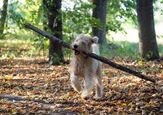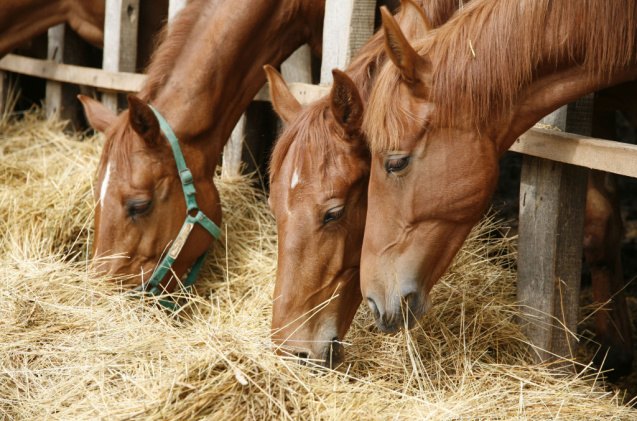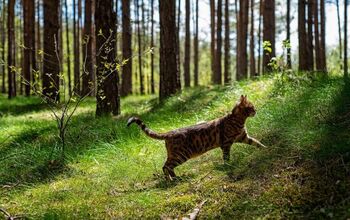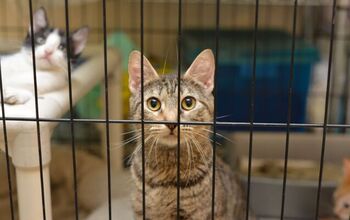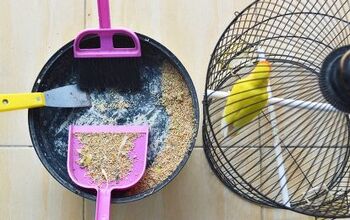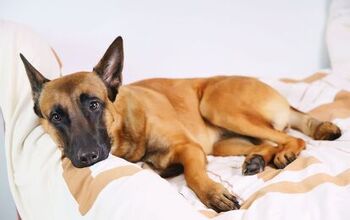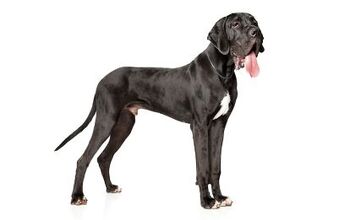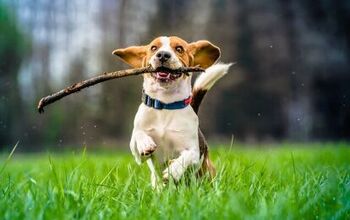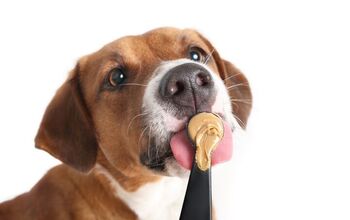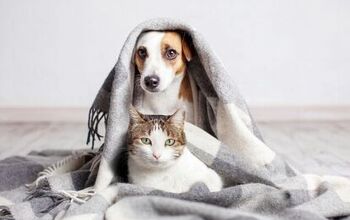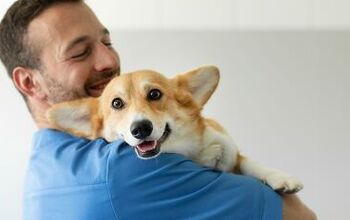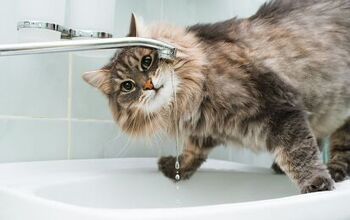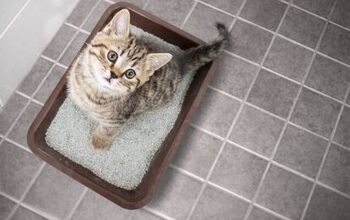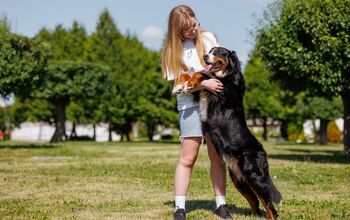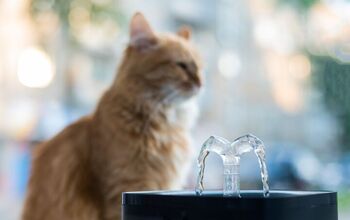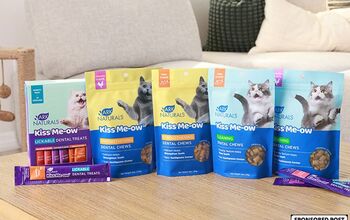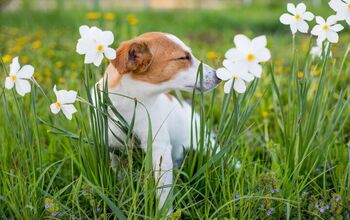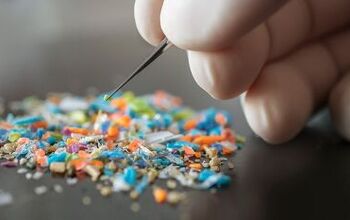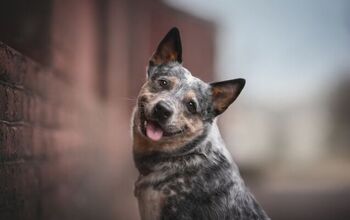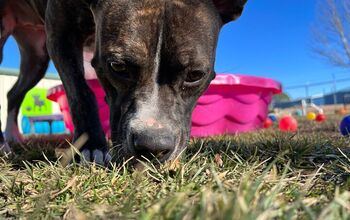Rules of Equine Diet: What Should You Feed Your Horse

You might think that a horse’s diet is a simple and straightforward affair – but it’s not as easy as letting your horse out to pasture and calling it a day. Horses need a balanced and healthy diet optimized for their unique bodies in order to thrive and grow strong. Because of this, you should pay special attention to the quality of food that your horse is eating. There is also the question of the quantity of food – you should make sure you’re never overfeeding, as horses can be quite voracious if left unattended and it can lead to serious health issues down the road.
Basics of Horse Diet
When feeding is in question, the first thing to address is actually water! It is an equally important part of a horse’s diet, if not the most important because horses can’t go on without it. An adult horse will need fresh, clean water throughout the day – some 25 liters or 6.6 gallons on average. And, if the weather is hot and humid, and exercise is rigorous, then this amount will increase. Do not underestimate the importance of water as horses depend on it in every aspect, and dehydration can be a major health hazard for them.
The next key part of your horse’s diet is the so-called roughage. In simplest terms, roughage is coarse and fibrous fodder – essentially fibers that help with digestion and the passage of food and waste through the gut. Horses need it in order to have proper digestion and avoid all-dangerous bloating. Usually, hay and good-quality pasture are sufficient for an idle horse. But sometimes, grain might be needed as a supplement. Either way, common sources state that horses need to eat around one to two percent of their body weight in roughage.
But do not make the mistake and feed them the whole amount at once! Horses need to be fed smaller amounts more often. In the natural environment, horses are “trickle feeders”, and their stomachs are accordingly rather small. An example ratio of feeding is around 2 kilos of feed (per meal) for a horse that is 400 kilos and over. Of course, if your horse is mostly within a stall, you can still replicate that “trickle feeding”, or grazing. Just offer some hay and place it in front of them – they can nibble at it just as they would in nature.
Of course, if your horse has the privilege to be on a good quality pasture for most of the day, then it won’t need much hay or grain as a supplement. Always consider these facts – lower-quality pasture won’t suffice for your horse so you will have to “supplement” with additional hay, and vice versa. This is especially important during winter months. Pastures are not available at these times, and you will need to have a good amount of quality hay placed aside, to last you through the winter.
If you are using horse feed, make sure that it is of quality make and always fresh and clean. Dusty, moldy, or otherwise dirty feed can be harmful to horses, leading to respiratory problems and that nasty colic. So make sure that you keep feed in appropriate containers, tightly sealed to prevent mice and other critters from infesting it and spoiling it. And when feeding, the same rules apply – provide feed according to the body weight of your horse.
How and When to Feed Your Horse
It is important to remember that if you need to change your horse’s feed, you will have to do so gradually. Sudden changes in the feed are harmful to horses, as they have special microbes within their gut that need time to adapt to changes. Another thing to keep in mind is to create a routine and stick to it. Feeding times should be always at the same time, or roughly the same. Horses, like many other animals, are simply creatures of habit – they’ll quickly remember when it is feeding time, and await it eagerly. So don't leave them hanging!
Last but not least, is to feed according to the energy spent. Is your horse often in the stall, and dormant throughout the day? In this case, stick to the classic feeding pattern and don’t overdo it. But if you have an energetic workhorse or an athletic horse that gallops and runs throughout the day, then you might need to add a little bit extra to supplement all that lost energy. Can’t keep them hungry!

A proud mama to seven dogs and ten cats, Angela spends her days writing for her fellow pet parents and pampering her furballs, all of whom are rescues. When she's not gushing over her adorable cats or playing with her dogs, she can be found curled up with a good fantasy book.
More by Angela Vuckovic
